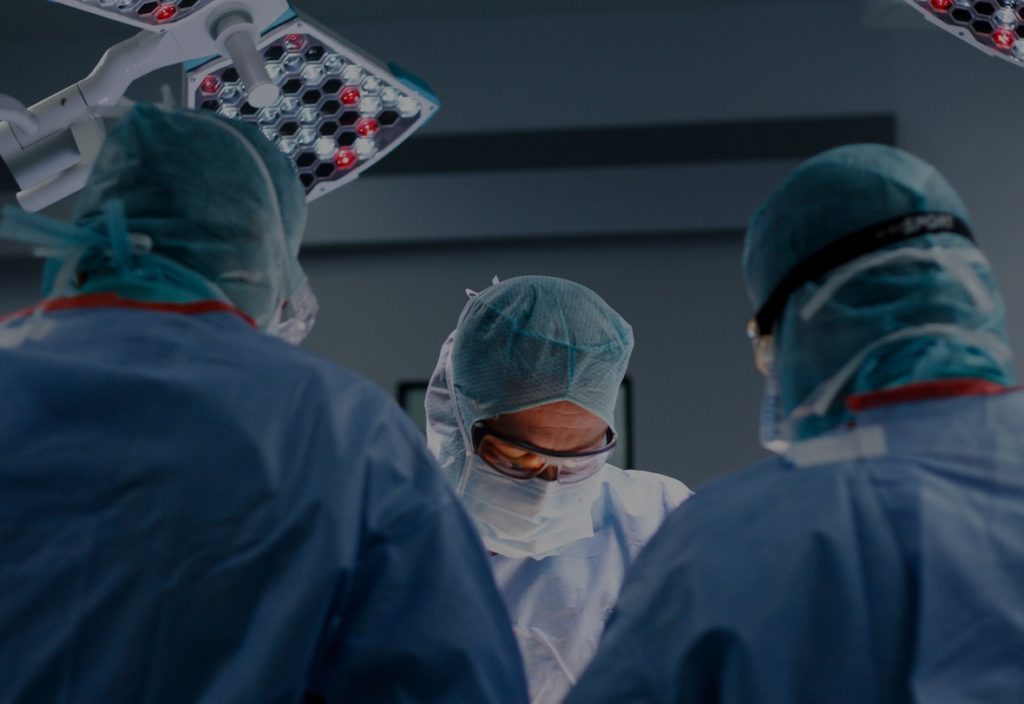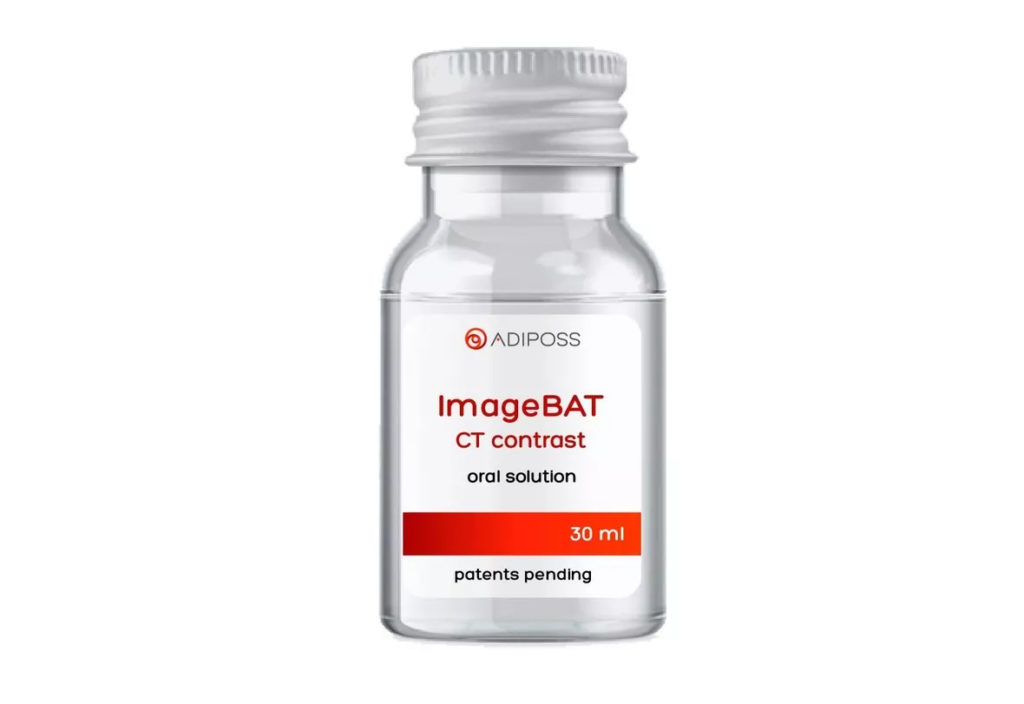
First worldwide accreditation for a laboratory of the University of Bern
5 June 2019

The Institute for Infectious Diseases (IFIK) of the University of Bern is the first accredited laboratory worldwide to offer nanopore sequencing for the identification of bacteria. The Institute for Infection Diseases (IFIK) of the University of Bern is the first laboratory worldwide to have received the ISO/IEC 17025:2018 accreditation status to sequence specific DNA fragments […]
The Institute for Infectious Diseases (IFIK) of the University of Bern is the first accredited laboratory worldwide to offer nanopore sequencing for the identification of bacteria.
The Institute for Infection Diseases (IFIK) of the University of Bern is the first laboratory worldwide to have received the ISO/IEC 17025:2018 accreditation status to sequence specific DNA fragments from bacterial cultures using Oxford Nanopore Technologies devices in a medical diagnostic setting.
The new sequencing technology enables to taxonomically identify pathogens more rapidly and cost-effectively. The IFIK Sequencing laboratory also obtained the qualification of certified Nanopore Service Provider, the first one in Switzerland.
“To be the first laboratory worldwide to have received the accreditation to sequence specific DNA fragments using Oxford Nanopore Technologies devices is a great honor for us. This recognition puts Bern on the map as a center of excellence for health science, and IFIK as a place where game-changing technological innovations are efficiently translated to medical diagnostic applications”, says Dr. Alban Ramette, Head of the Bioinformatics/Biostatistics group at the Institute for Infectious Diseases.
Bioinformatics for the benefit of patients
The IFIK’s technology enables the fast sequencing of DNA fragments. As molecules are sequenced individually, the presence of molecules of different origins is readily identified and further addressed by matching individual sequences to their most likely reference sequences in bioinformatics databases. Patients will benefit from this technological improvement, as rapid and thorough analyses of samples sent to IFIK for clinical diagnostic purposes are key in rapidly providing the most accurate information available to treating physicians.

